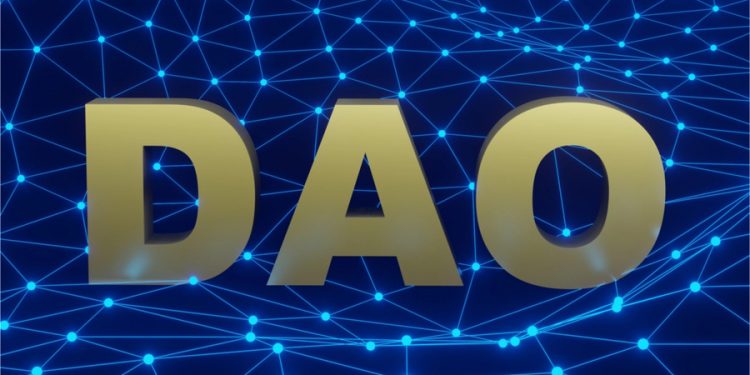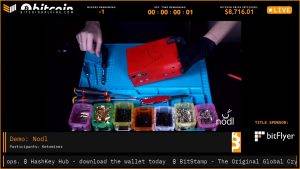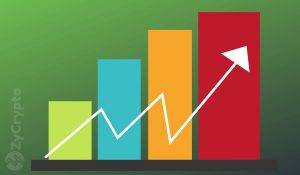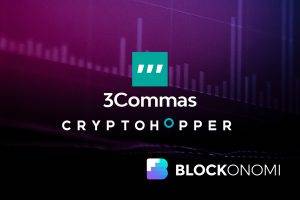Introduction
Decentralized Autonomous Organizations (DAOs) are an emerging technology that leverages blockchain and smart contracts to create decentralized and autonomous organizations. These organizations are run by a group of stakeholders who make decisions through a decentralized governance system.
In this article, we will explore the benefits of DAOs and how they are revolutionizing the way organizations are run.
Increased Transparency and Accountability
One of the key benefits of DAOs is increased transparency and accountability. Decisions are made through a decentralized governance system that is open and transparent, meaning that all stakeholders can see how decisions are made and why.
This transparency and accountability help to reduce the risk of corruption and ensure that decisions are made in the best interest of the organization and its stakeholders.
Efficiency and Cost Savings
DAOs are also more efficient and cost-effective than traditional organizations. Decisions are made quickly and efficiently through a decentralized governance system, which helps to reduce bureaucracy and streamline decision-making.
In addition, DAOs are run entirely on blockchain, which means that there is no need for intermediaries or middlemen. This helps to reduce costs and increase efficiency, as there are no transaction fees or other costs associated with intermediaries.
Increased Flexibility and Agility
DAOs are also more flexible and agile than traditional organizations. Because decisions are made through a decentralized governance system, the organization can quickly adapt to changing circumstances and respond to new opportunities.
This flexibility and agility help DAOs to stay ahead of the curve and remain competitive in a rapidly changing business landscape.
Decentralized Ownership and Control
Another key benefit of DAOs is decentralized ownership and control. Unlike traditional organizations, where ownership and control are concentrated in the hands of a few individuals or entities, DAOs are owned and controlled by a group of stakeholders.
This decentralized ownership and control help to reduce the risk of a single point of failure and ensure that decisions are made in the best interest of the organization and its stakeholders.
Potential for Innovation and Collaboration
DAOs also have the potential to drive innovation and collaboration in the business world. Because decisions are made through a decentralized governance system, stakeholders can work together to create new products and services and solve complex problems.
This collaborative approach helps to drive innovation and can lead to new and exciting opportunities for businesses and organizations.
Potential Challenges and Risks
While DAOs offer many potential benefits, there are also some challenges and risks associated with this emerging technology. One of the biggest challenges is ensuring that the decentralized governance system is effective and democratic.
Because DAOs are run by a group of stakeholders, it is important to ensure that all stakeholders have an equal say in decision-making. This can be difficult to achieve, especially if some stakeholders have more power or influence than others.
Another challenge is the potential for hacking and security breaches. Because DAOs are run entirely on blockchain, they are vulnerable to the same security threats that affect other blockchain-based systems.
In addition, DAOs are still a relatively new and untested technology, which means that there is a risk that they could fail or experience unforeseen problems.
Legal and Regulatory Challenges
DAOs also face legal and regulatory challenges. Because they are decentralized and autonomous, it can be difficult to determine who is responsible for legal and regulatory compliance.
In addition, DAOs are not recognized as legal entities in many jurisdictions, which can create uncertainty and legal risks for stakeholders.
Finally, there is a risk that governments and regulators may attempt to regulate or even ban DAOs, which could limit their growth and potential.
Examples of Successful DAOs
While DAOs are still a relatively new concept, there have already been several successful examples of organizations that have implemented this model. One of the most well-known examples is MakerDAO, which is a decentralized lending platform that runs on the Ethereum blockchain.
MakerDAO allows users to borrow stablecoins (digital tokens that are pegged to the value of a real-world asset, such as the US dollar) by collateralizing their cryptocurrency holdings. The platform is governed by a group of MKR token holders, who have the power to vote on changes to the system and manage the collateral reserves.
Another successful DAO is Aragon, which is a decentralized platform for creating and managing digital organizations. Aragon allows users to create their own decentralized autonomous organizations and manage them using a suite of tools and services.
Aragon is governed by a group of ANT token holders, who have the power to vote on changes to the system and manage the development of the platform. The platform has already been used to create several successful DAOs, including the Aragon Network and the Aragon Court.
The Future of DAOs
As blockchain technology continues to evolve, it is likely that we will see more and more organizations adopting the DAO model. This could lead to a shift in the way that businesses are run, with more power being distributed to stakeholders and greater emphasis being placed on transparency and accountability.
One area where DAOs could have a particularly significant impact is in the field of social entrepreneurship. DAOs could provide a new way for social enterprises to raise funds, manage operations, and engage with their stakeholders in a more democratic and decentralized way.
In addition, DAOs could also play a role in promoting greater collaboration and innovation across different industries and sectors. By enabling stakeholders to pool their resources and work together on shared goals, DAOs could help to drive new forms of innovation and create new opportunities for growth and development.
Conclusion
Decentralized autonomous organizations offer a new and innovative way to structure and run organizations. By leveraging the power of blockchain technology, DAOs can enable stakeholders to work together in a more democratic, transparent, and efficient way.
While DAOs do face some challenges and risks, there is a growing recognition that they could play an important role in the future of business and social entrepreneurship. As such, it is important for stakeholders to stay up-to-date with developments in this field and explore the potential benefits of this emerging technology.









